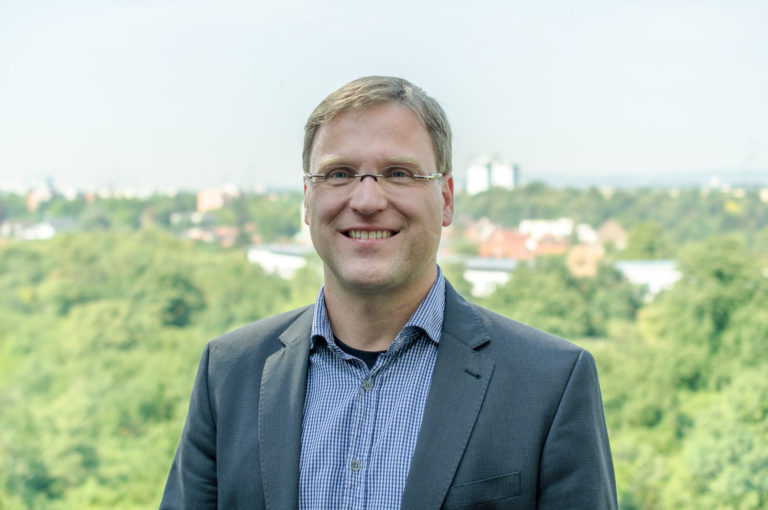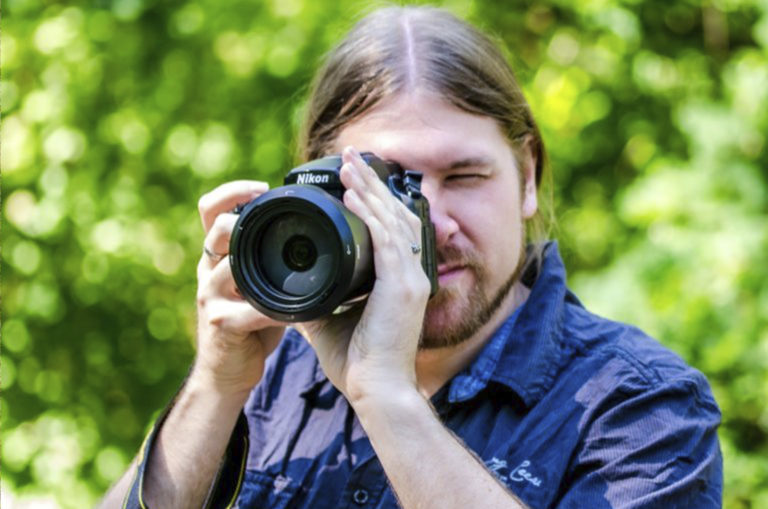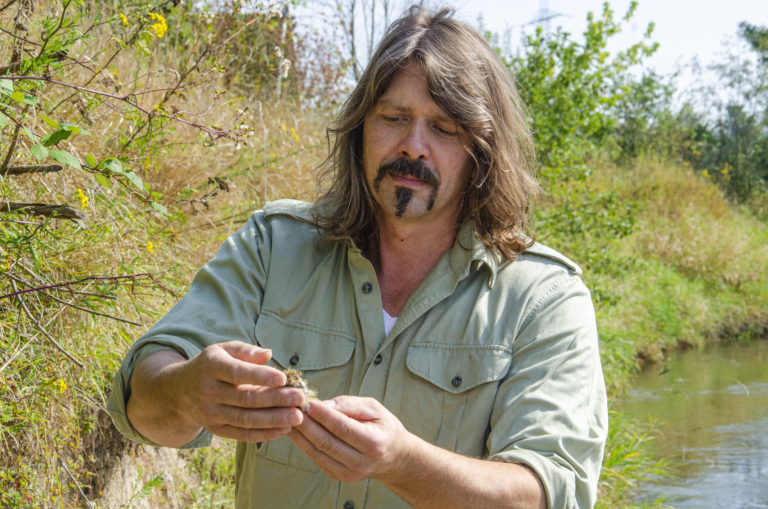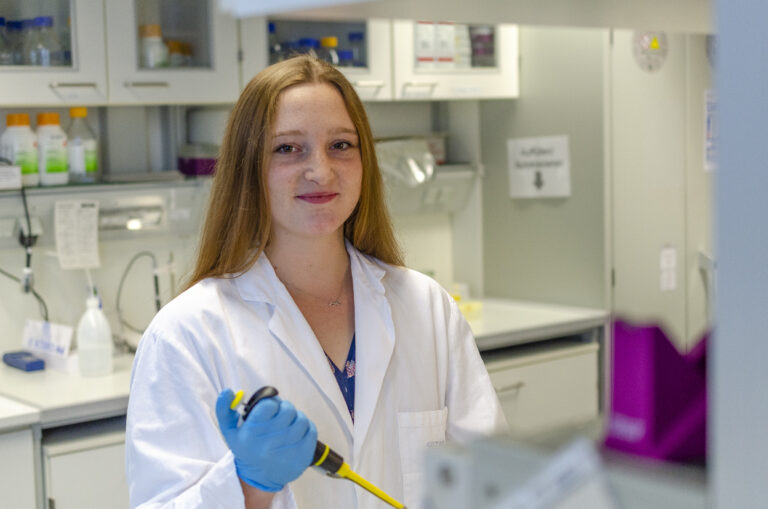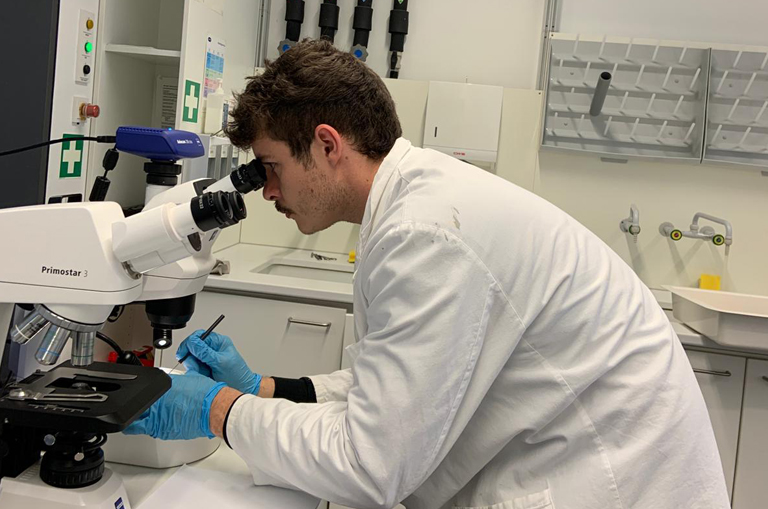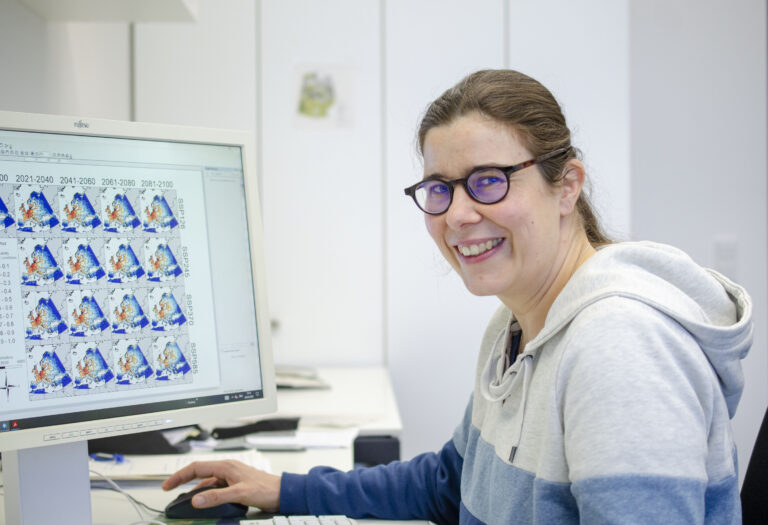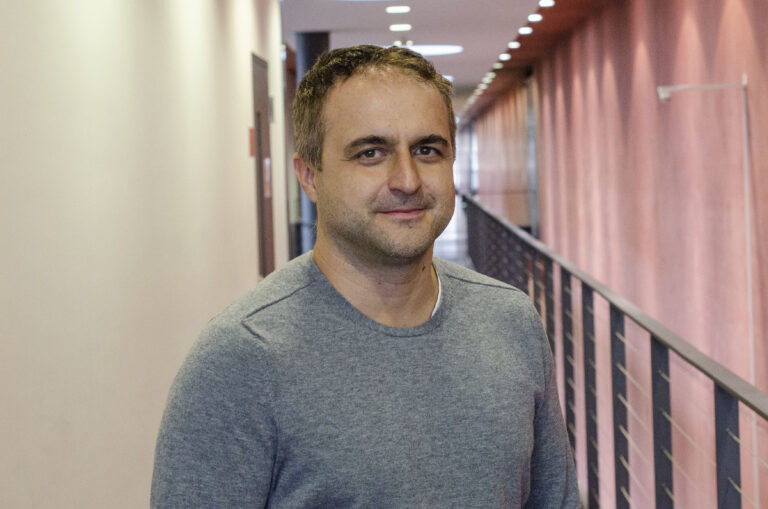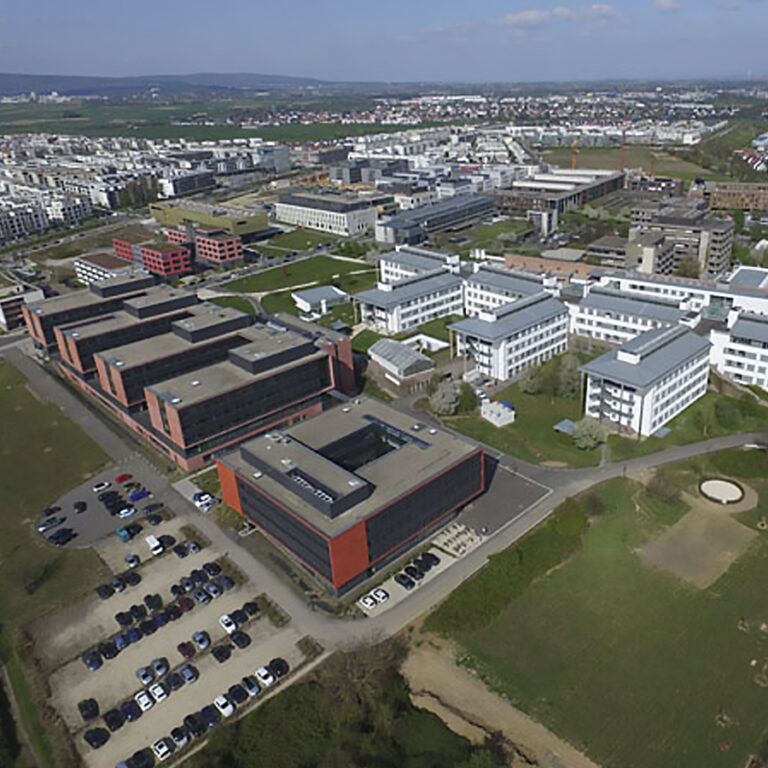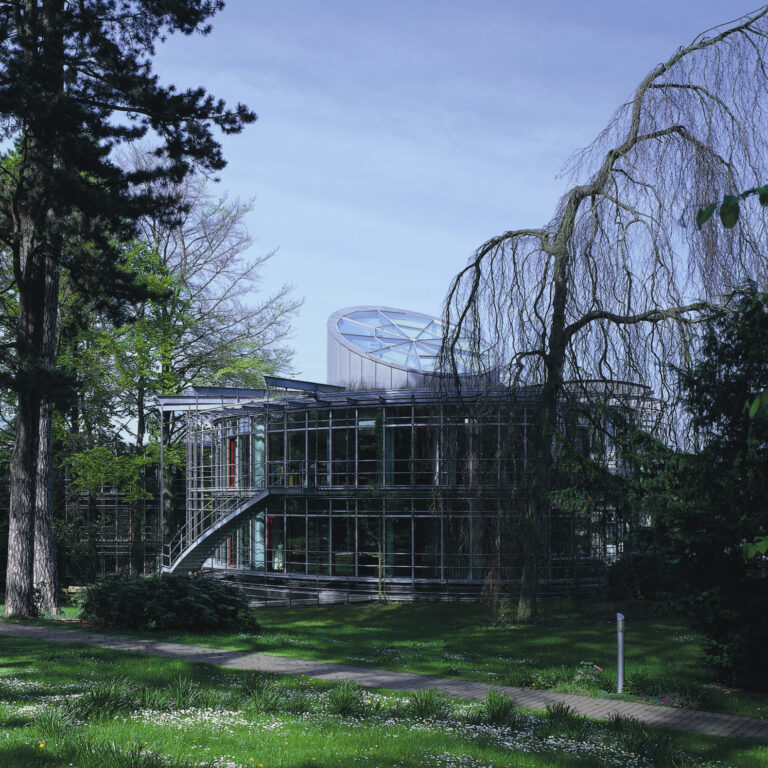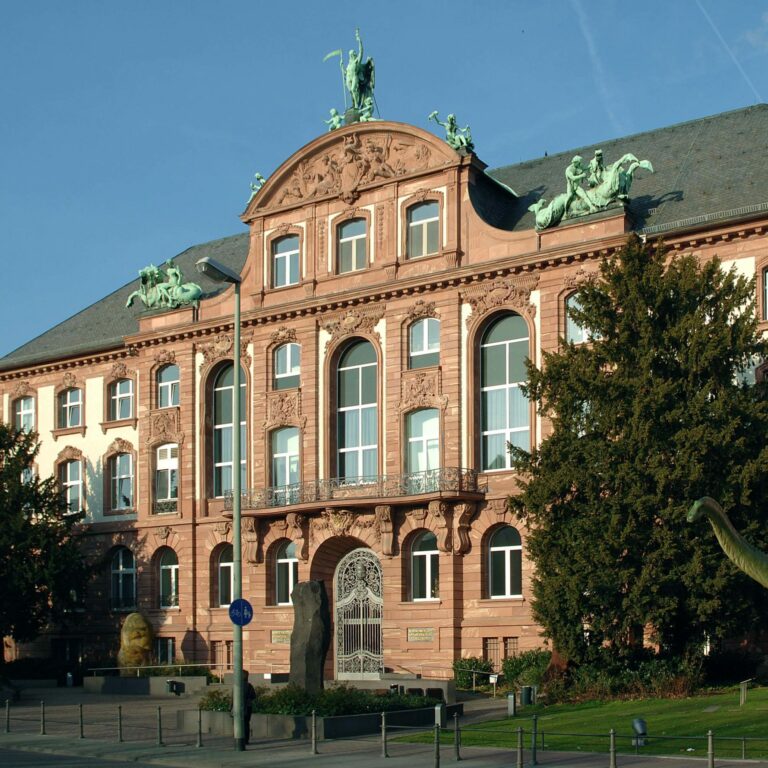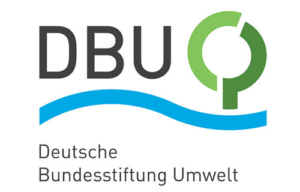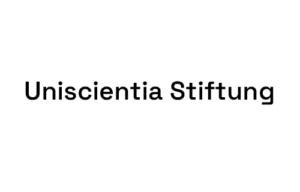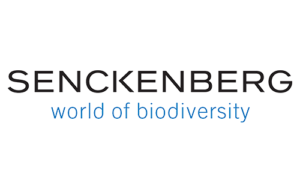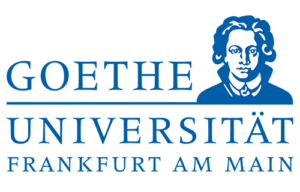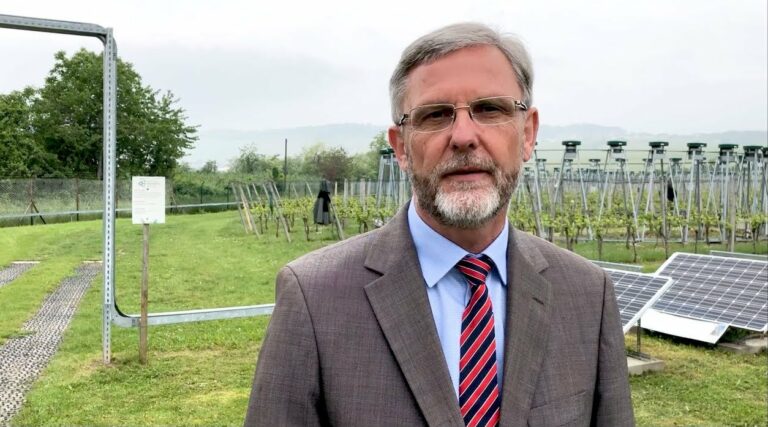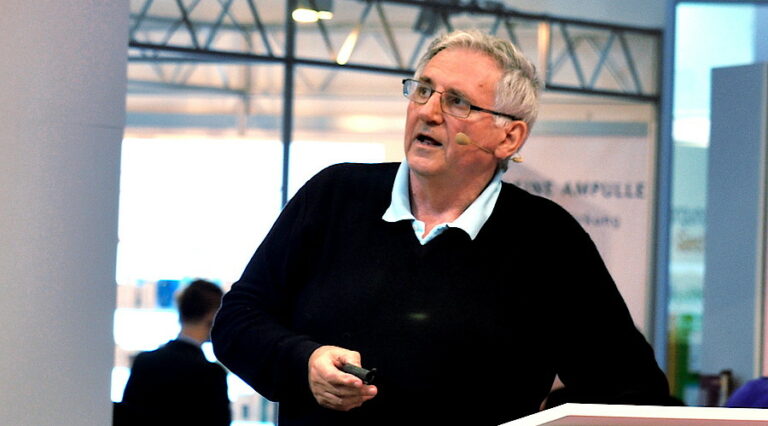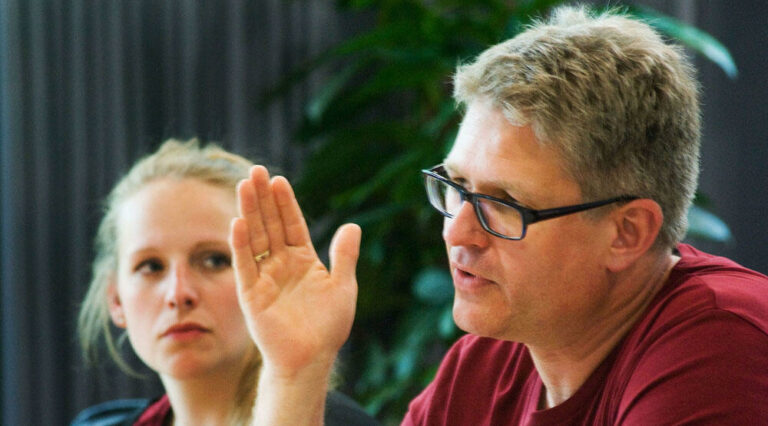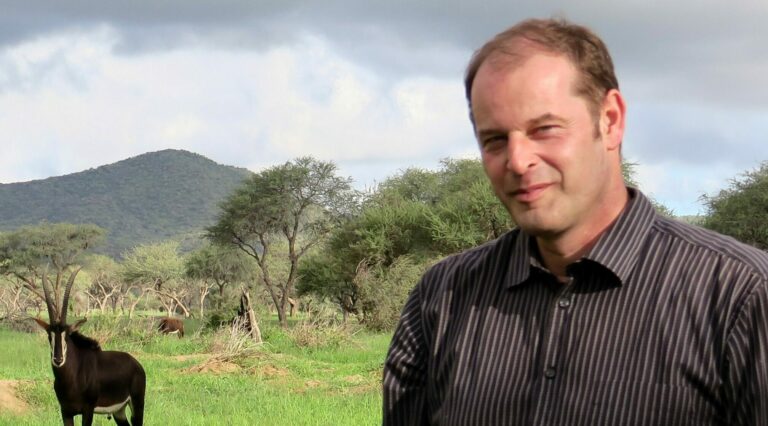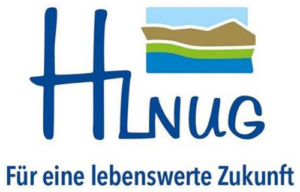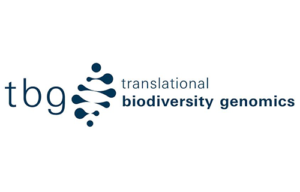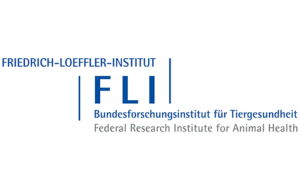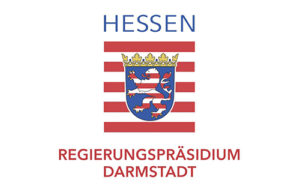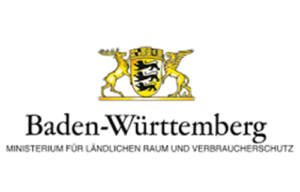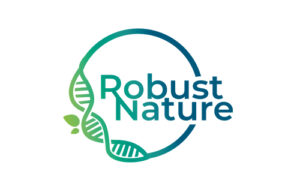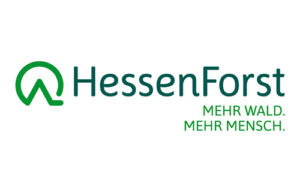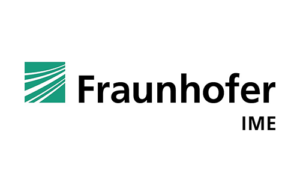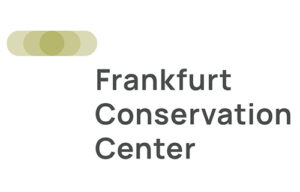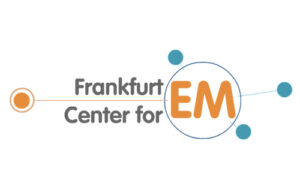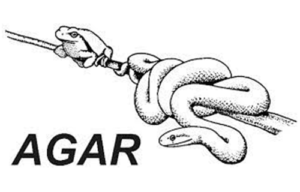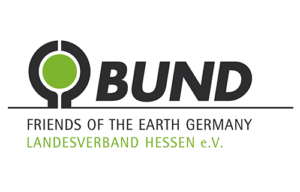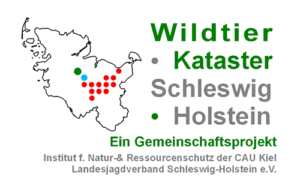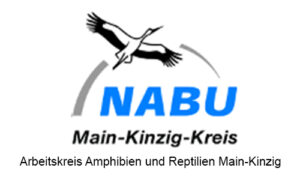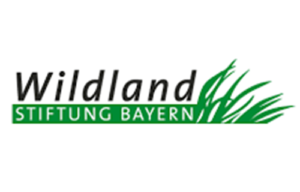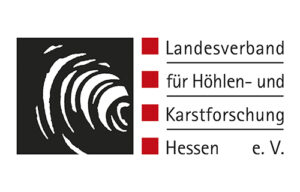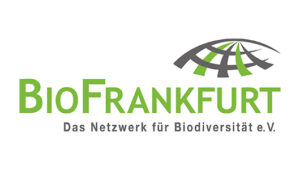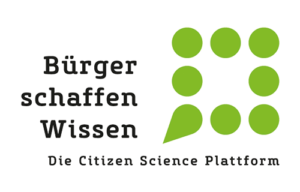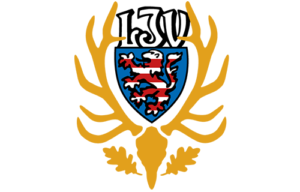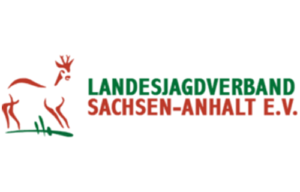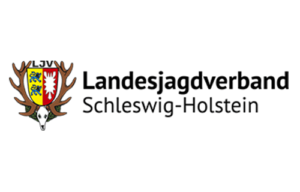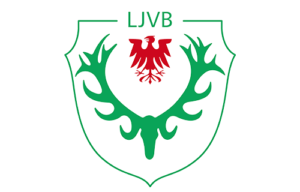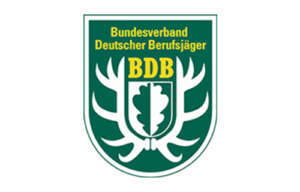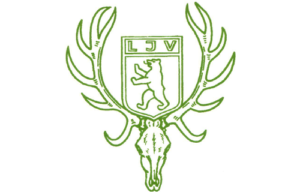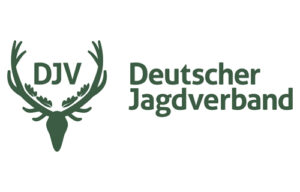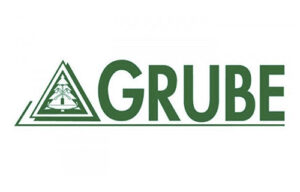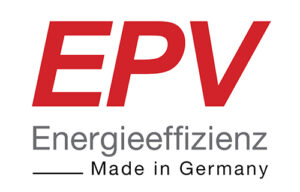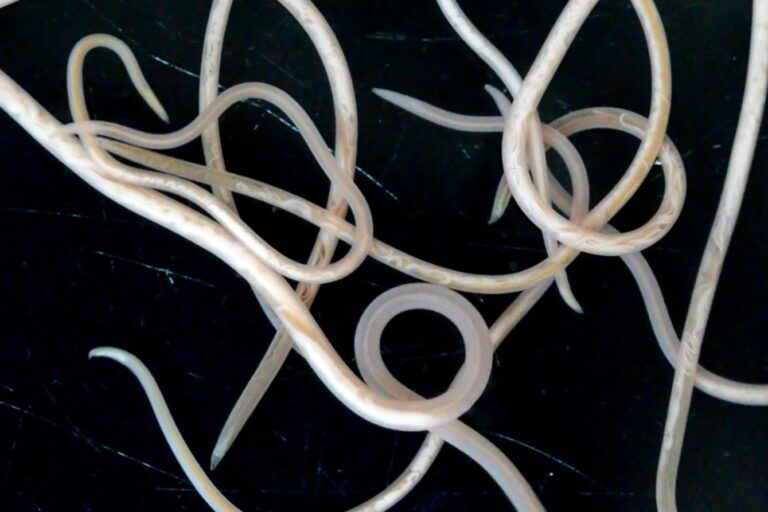
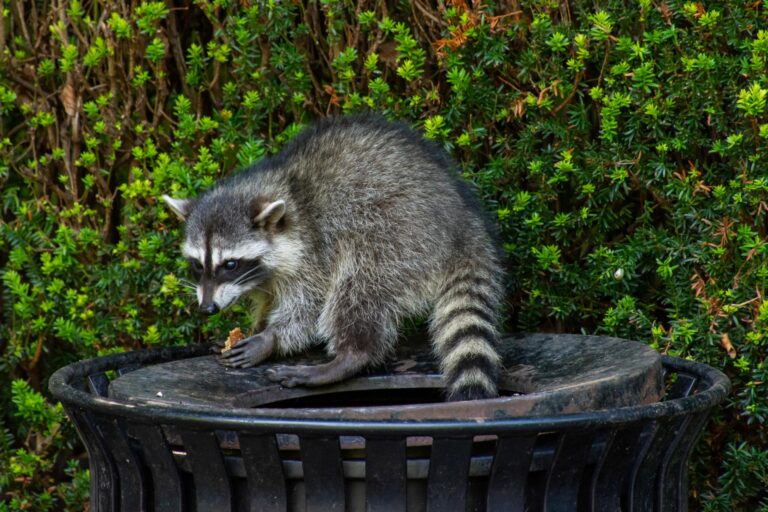
Background
Invasive alien species cause significant changes to species communities and ecosystems and are considered one of the most important threats to biodiversity worldwide. In addition, they can cause considerable economic damage and endanger both human and animal health. The EU Commission estimates the economic and health damage caused by IAS in Europe at 9.6-12.7 billion euros annually. In the course of globalization and a steadily increasing population and settlement density, invasive
and population density, invasive species are also becoming increasingly important in cities. In Europe, the raccoon and raccoon dog are considered invasive and are included on the Union list of invasive species (EU Regulation 1143/2014). The mink is also spreading steadily and has now established itself in many areas of Europe.
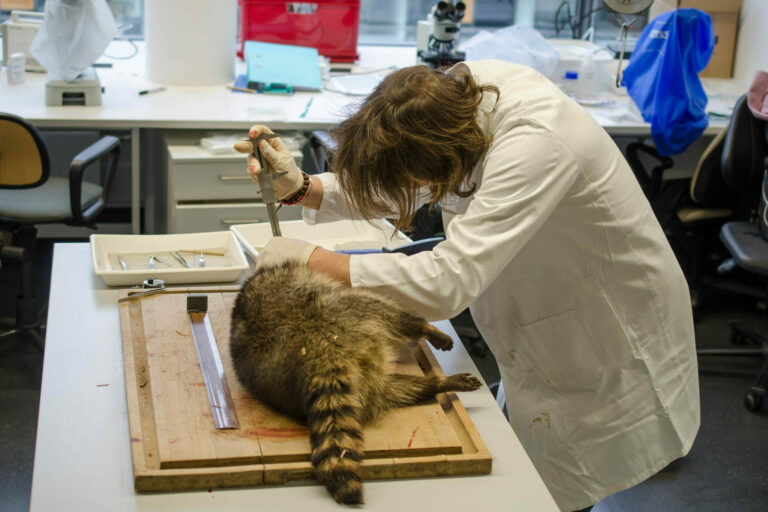
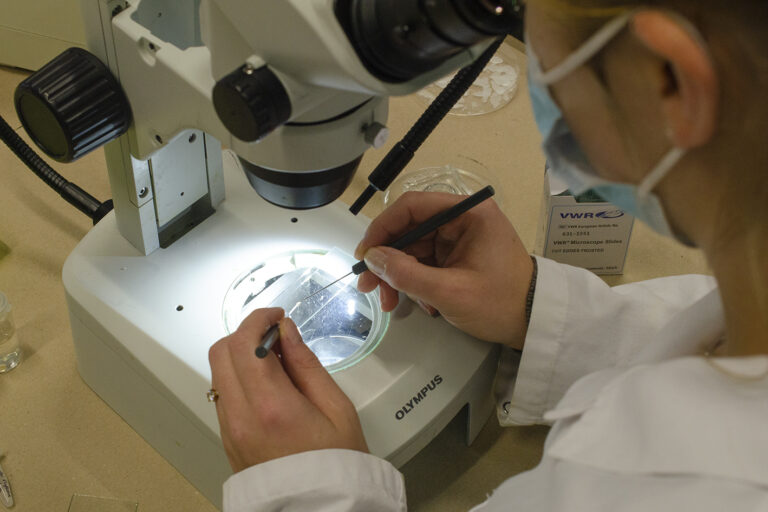
Carnivore ecology
The high dispersal ability and generalist feeding ecology of these carnivores mean that they can colonize almost all natural habitats. In the process, they are suspected of being partly responsible for the decline of numerous native species. The raccoon and raccoon dog are also encroaching into urban areas where they can exploit anthropogenic resources and reach very high population densities. The species are known to act as hosts for a large number of parasites and pathogens and can transmit them to wildlife, livestock, pets, and humans. Because of their proximity to humans, there is therefore an increased risk of transmission of zoonotic pathogens (including raccoon roundworm), human pathogenic viruses (including West Nile virus, corona viruses), and microorganisms (including multidrug-resistant germs). The zoonotic risk, economic and ecological impact of invasive mammals can currently only be assessed to a limited extent due to the lack of scientifically sound data.
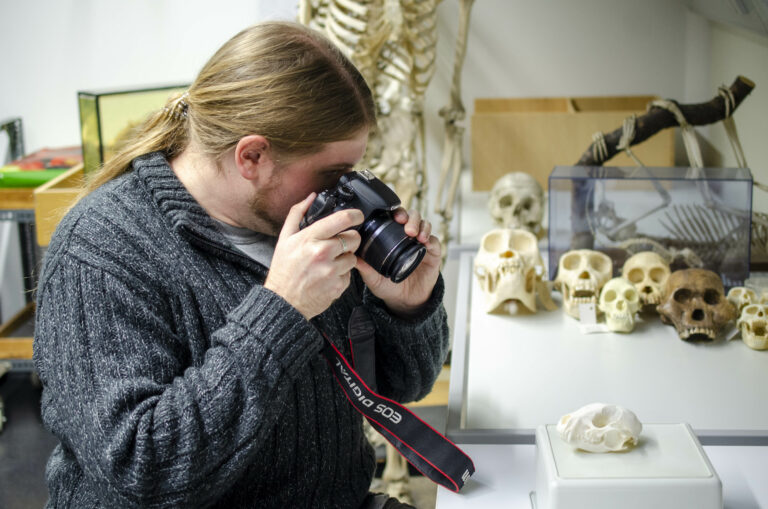
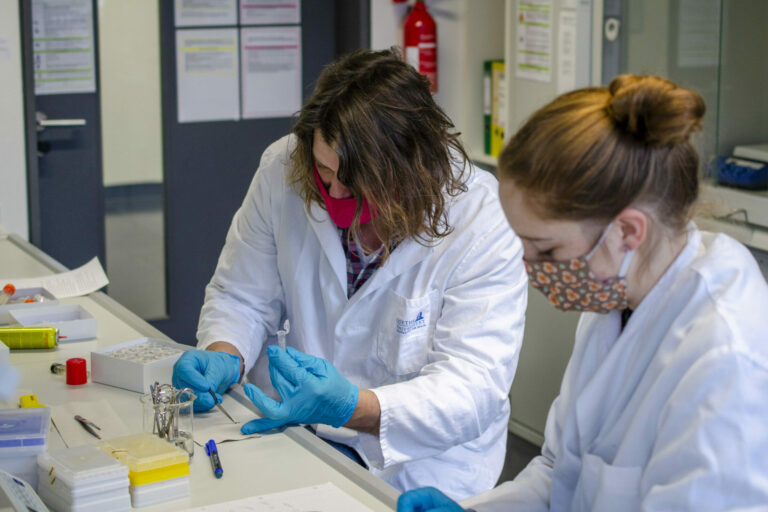
Objective
ZOWIAC aims to investigate invasion processes of alien mammal species, their interaction dynamics in native ecosystems, and the potential associated health risks. Current research approaches need to reflect the complexity of real ecosystems, landscapes, and urban spaces, but also incorporate the different spatial, temporal, and socio-political scales to enable effective management of invasive and immigrant carnivores at local, national, but also Europe-wide scales. ZOWIAC takes this integrated approach, leveraging Hessen’s expertise in ecology and biodiversity research, parasitology, infectious biology, and wildlife biology. Since future success in mitigating potentially negative impacts of IAS will also largely depend on public understanding and participation, a socio-ecological analysis will be used to identify and involve all relevant groups and stakeholders and their understanding and perception of risk.
